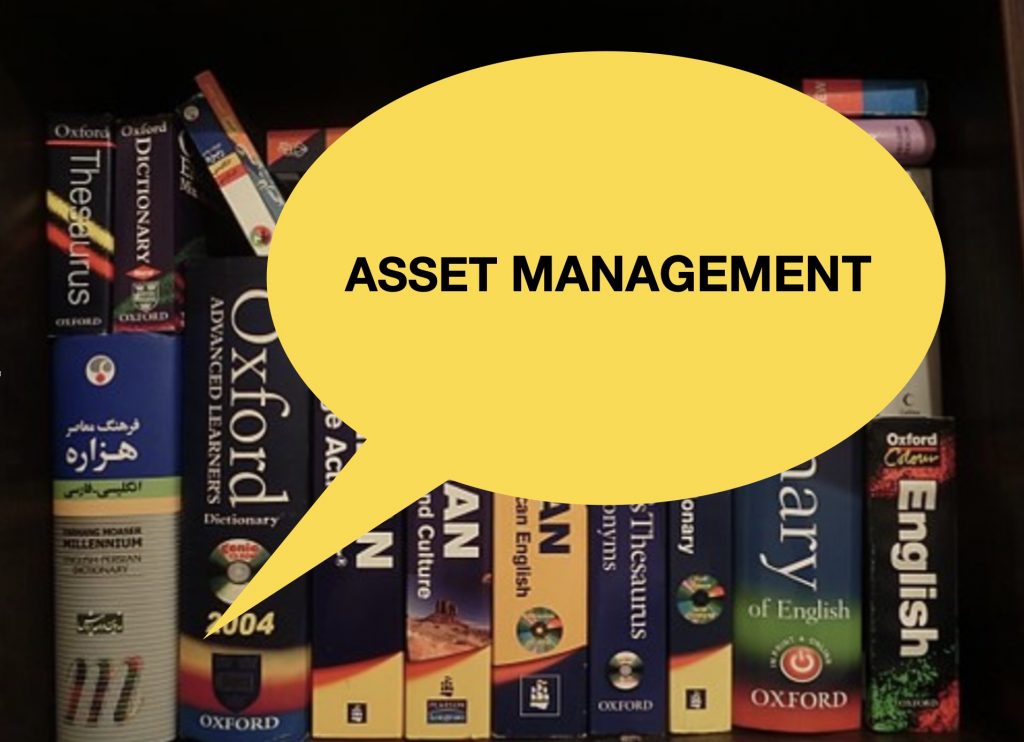
The continuing story of Asset Management. It is 1987 and reactions to AM information are mixed.
There was the horror of a board member of the Adelaide Hospital who, when he saw the extent of their future renewal costs, declared “My Goodness, we cannot let the board see this!” A too common response amongst those responsible for management, unfortunately.
But the Under-Treasurer was thrilled when the credit rating agencies saw the asset replacement values as indicative of the State’s wealth (ignoring our future renewal costs), and so we were able to keep our AAA rating.
In Chapter Seven of our Asset Management Story, “Reactions”, I look at the initial impact of the work of the Public Accounts Committee.
There must have been something in the ether in the mid 1980s for, almost simultaneously, major reports on future infrastructure costs were released in the UK, the USA and Australia. But Australia was the only one to focus on managing the costs.
In the UK the focus was on advising the Government of the size and costs of future infrastructure growth. In the USA, the ‘Fragile Foundations’ study included renewal, expansion and upgrade but with insufficient detail to enable these elements to be disentangled.
The aim [of the American study] was to make the figure as large as possible to convince politicians to take the matter seriously. (Later I was to meet with one of the authors of this report, an MP, and when I talked about how we might improve infrastructure decision making, she reacted negatively “If we can’t get the capital projects we want, it wouldn’t be worth going into politics!”)
Earlier I had observed that many in Australia thought that America would surely have discovered and dealt with the asset management problem ahead of us. Well, they certainly had discovered the problem. But they hadn’t dealt with it. And the reason for this is, I think, quite interesting.
America, as a rich country, was used to dealing with problems by throwing money at them, so their focus on the costs alone probably made sense. Australia, on the other hand, had no such illusions. We didn’t expect money to be easily forthcoming and knew that we would need to present a well documented case if this were to happen. We also knew priorities would need to be set. So our focus on management was understandable.
To see more, Chapter 7 has been uploaded today and Chapters 1-7 are now available at
https://talkinginfrastructure.com/the-asset-management-story/

Penny
Your posting emphasizes the problem that we have when many, if not most, think that AM is all about stocks and shares. You rightly respect the work done in Oz and NZ and then focus on the lack of understanding in the US. IMHO, this is because Americans do not like others telling them how to do things. When the penny (excuse the pun) eventually drops, they will reinvent AM with a new name and claim it all to themselves. What to look out for – they will reverse the 1-5 grading system and use 10 grades instead of 5.
My own publications on this subject can be found on Amazon: ‘SAMS, Simplified Asset Management Systems’ and ‘Principles of Asset Management’.
Peter, While I am sure that you are right about people thinking AM is about stock and shares. After all, it is, when we are talking about financial AM, just not when we are talking about physical AM. I was not intending, or wish to, ‘focus on lack of understanding in the US’. My interest was rather in the different focus taken by the Americans as a result of their being a rich country and thus able to do what we in Australia were not – and that is to address problems by throwing more money at them. When you are able to do that, it makes sense to appeal to your decision makers in a way that you think will influence them to do just that. Incidentally, there is now some very thoughtful AM work being done in the USA, far beyond choosing the appropriate maintenance grading systems. And I expect that more will come.